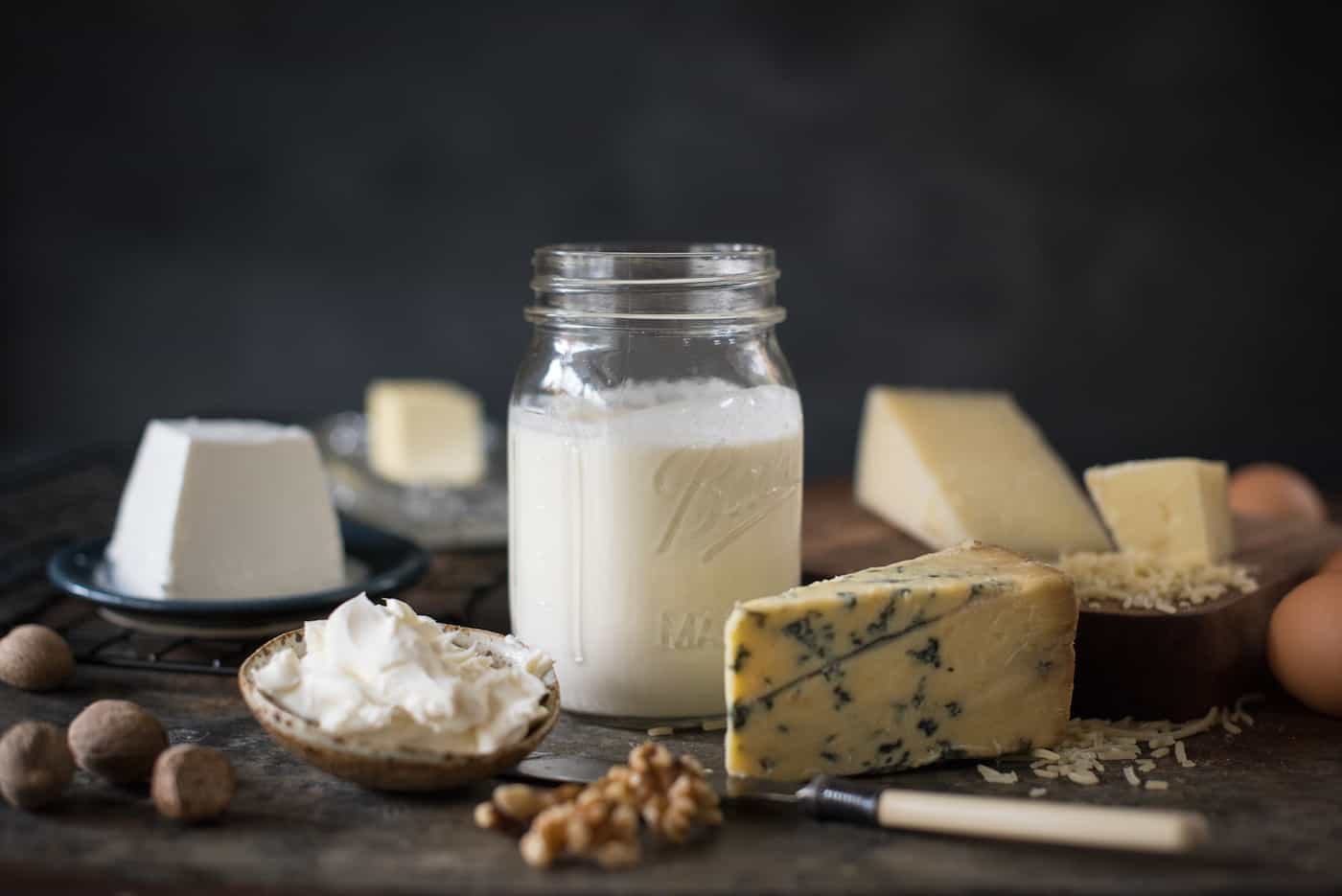
Does cheese have probiotics?
Probiotics are having a moment. Walk into most grocery stores today and you’ll see a large section devoted to these life-giving bacteria. But what are probiotics—and why the sudden focus? Here’s the skinny: Probiotics are living microorganisms, like bacteria and yeasts, that function on many levels, but they’re thought to be especially good for gut health. Probiotics are most effective in natural foods. So, does cheese have probiotics? It can. As a monger, I’m proud to work with traditional producers who are ultimately preserving a taste of place with naturally occurring bacteria. Walk into any cheese shop offering raw cheeses, and you’ll find yourself in probiotic paradise.
In raw (unpasteurized) milk cheeses, the natural bacteria from the environment and in the milk stay alive while the cheese ferments. So when you eat it, you introduce live bacteria, all those good probiotics, into your body and they help you stay healthy. Forget the fountain of youth. Just keep eating cheese—lots of good, traditional cheese.
A short list of probiotic-rich cheeses includes aged, traditional cheddars, Gouda, and Alpine cheeses like Gruyère. For soft cheeses, try raw milk washed rinds like Rollright from King Stone Farm or Slyboro from Consider Bardwell Farm.
You can also find lots of fresh dairy products with probiotics, including yogurt and fermented drinkable treats. Siggi’s and Chobani make both, but kefir (try Lifeway or Maple Hill Creamery) is also a real treat!
Photo Credit Beryl Striewski





Thanks, but, do pastuerized milk cheeses have live organisms in the cheese per the standard biology of the production of the cheese, the cheese-culture? What is cheese culture, bacterial?
Thanks.
p.s. online searches await.